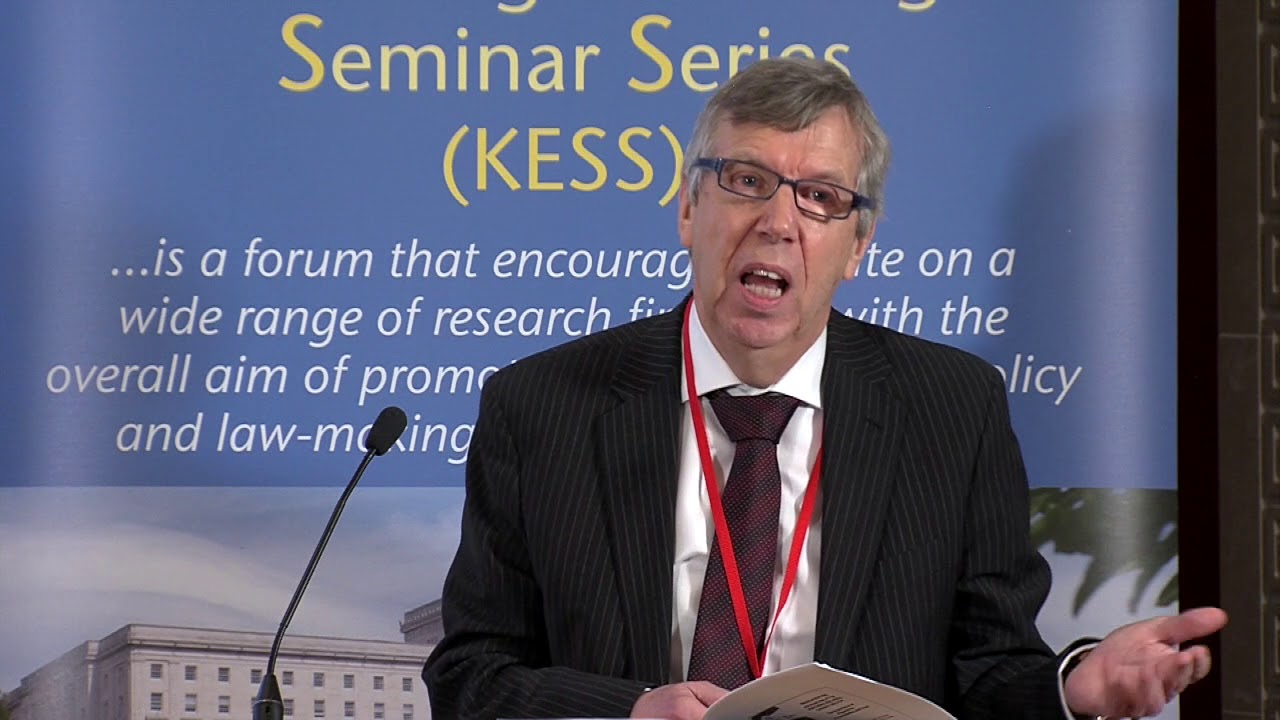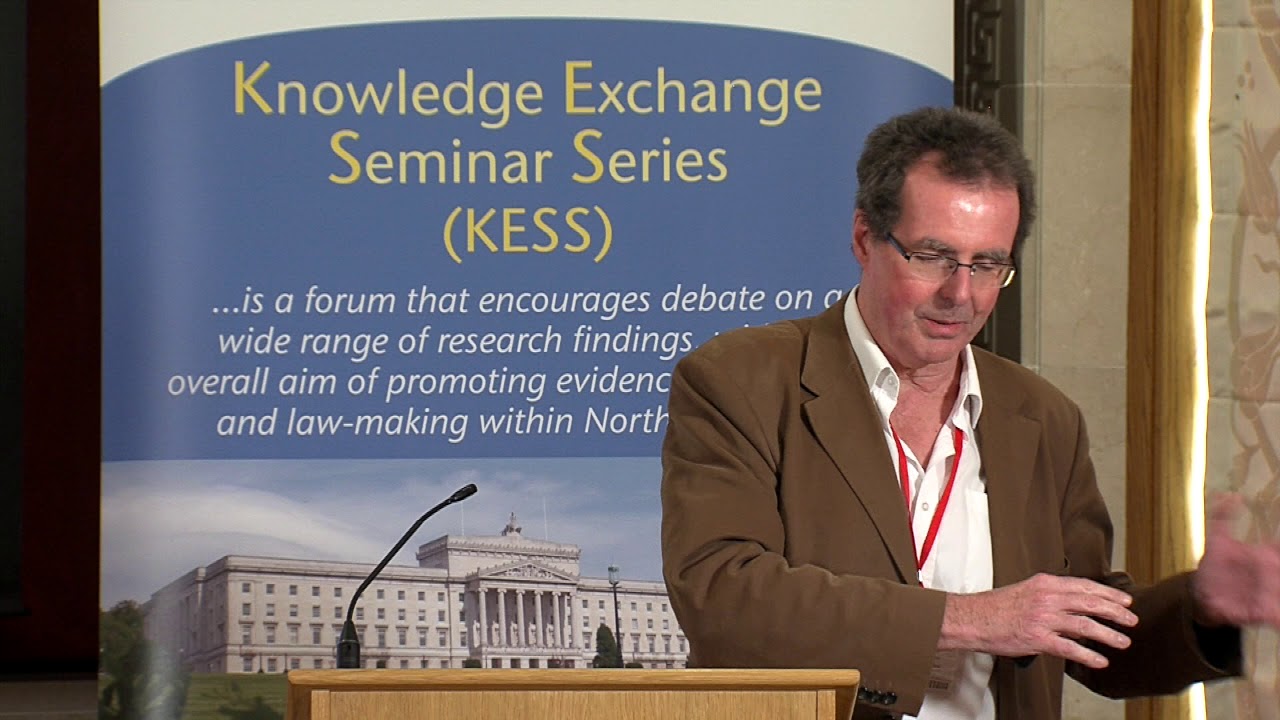Where to next with the RPA?: Lessons from international developments in public service reform
Dr Muiris MacCarthaigh (QUB): As governments across the globe grapple with the effects of the global financial and economic crises, the issue of public service… Read More »Where to next with the RPA?: Lessons from international developments in public service reform






